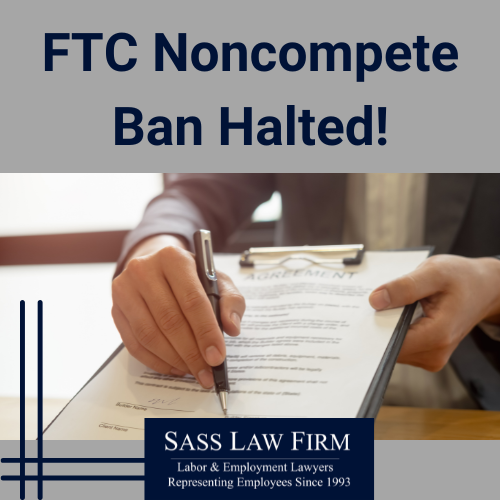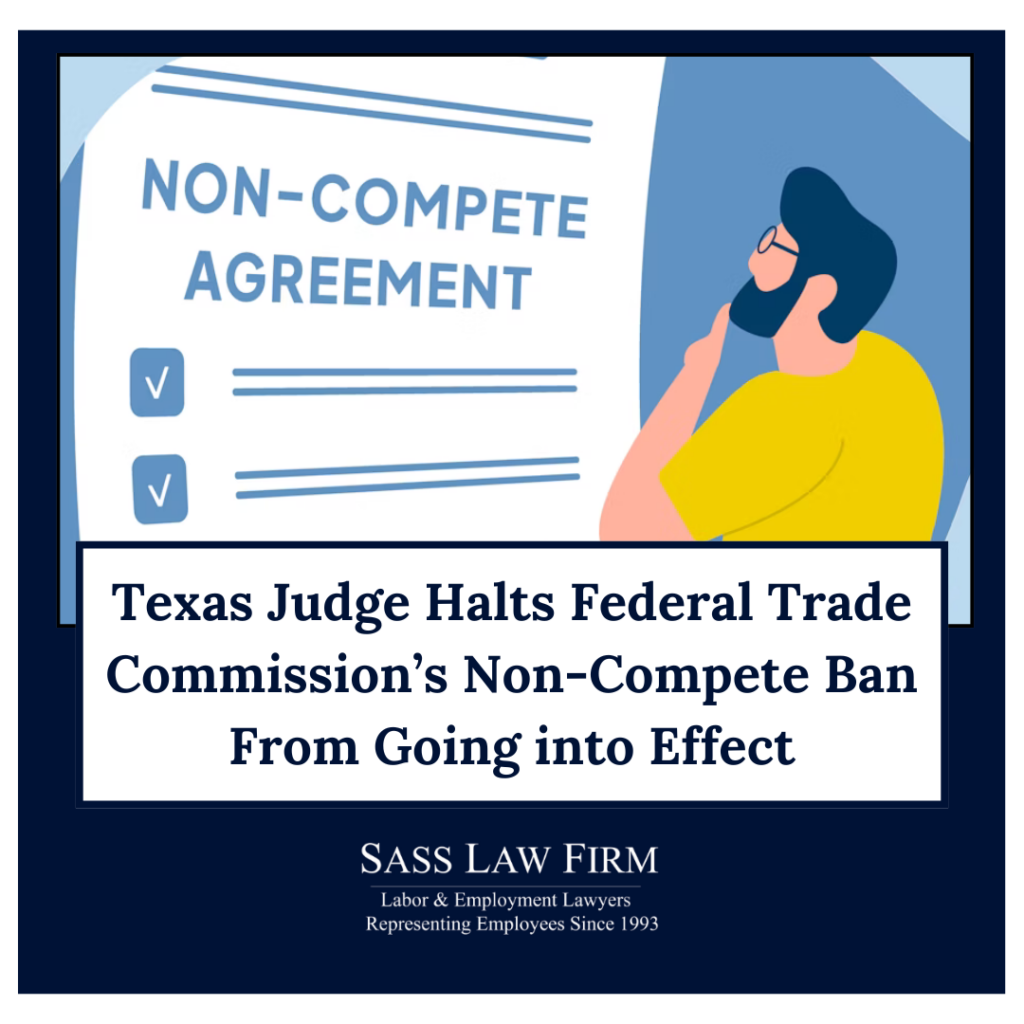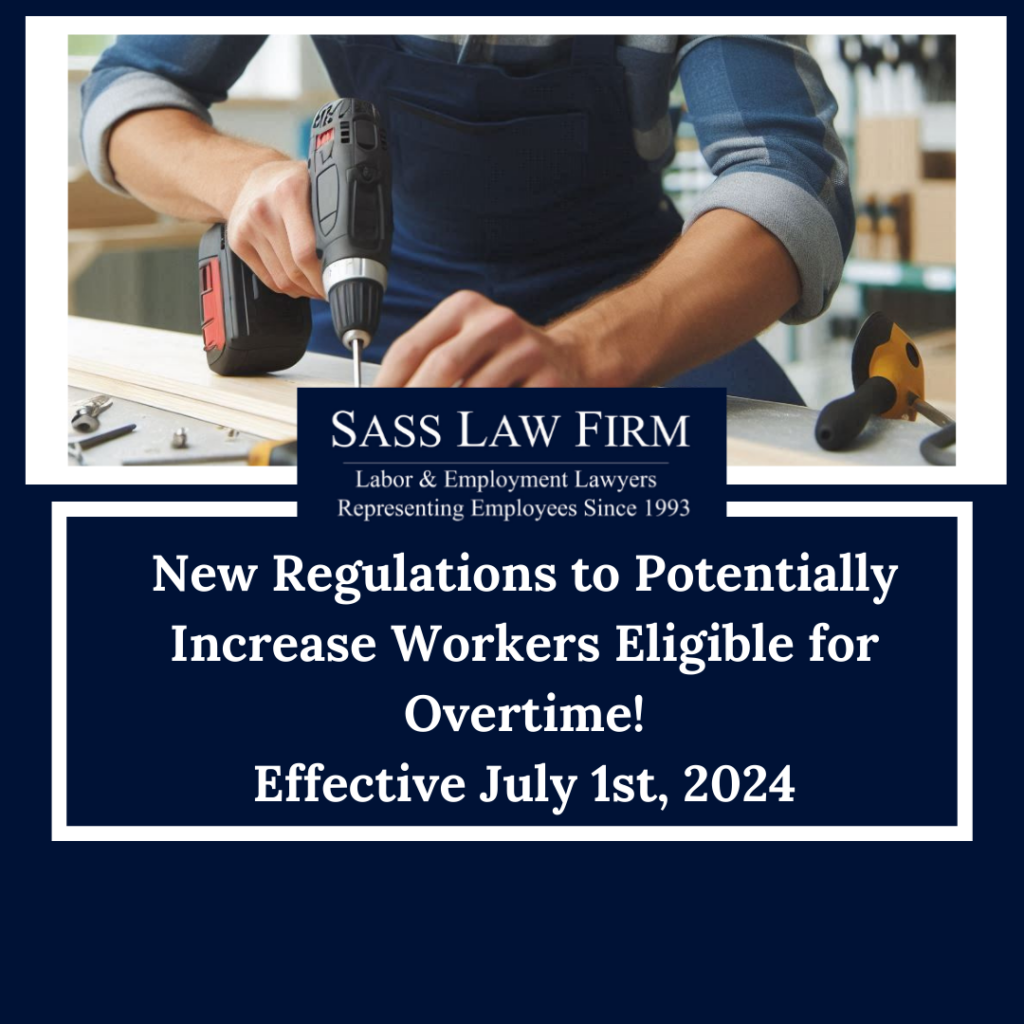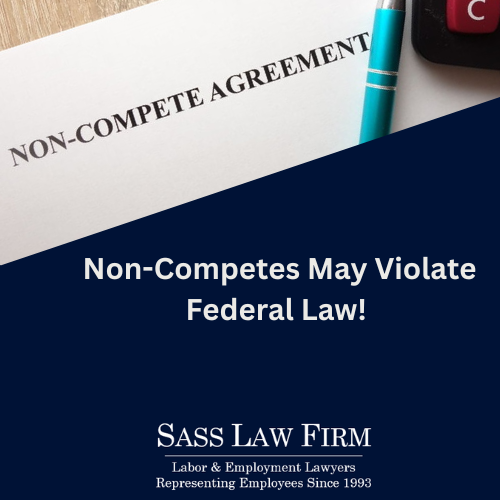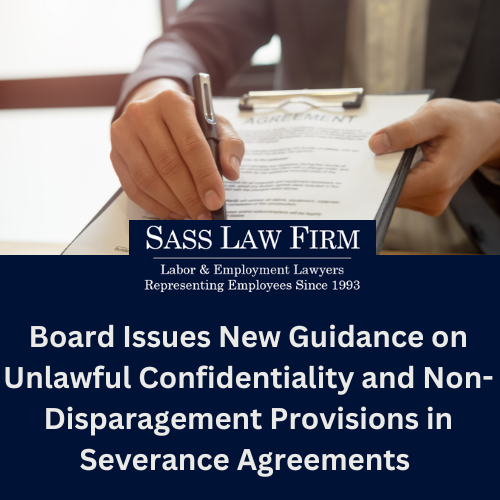New Year Rings in Stronger USERRA Rights and Enforcement
By Kathryn S. Piscitelli © Kathryn S. Piscitelli The New Year rang in enhancement of the civilian employment rights of veterans and servicemembers under the Uniformed Services Employment and Reemployment Rights Act (“USERRA”). On January 2, 2025, President Biden signed into law the Senator Elizabeth Dole 21st Century Veterans Healthcare and Benefits Improvement Act. The […]
New Year Rings in Stronger USERRA Rights and Enforcement Read More »


